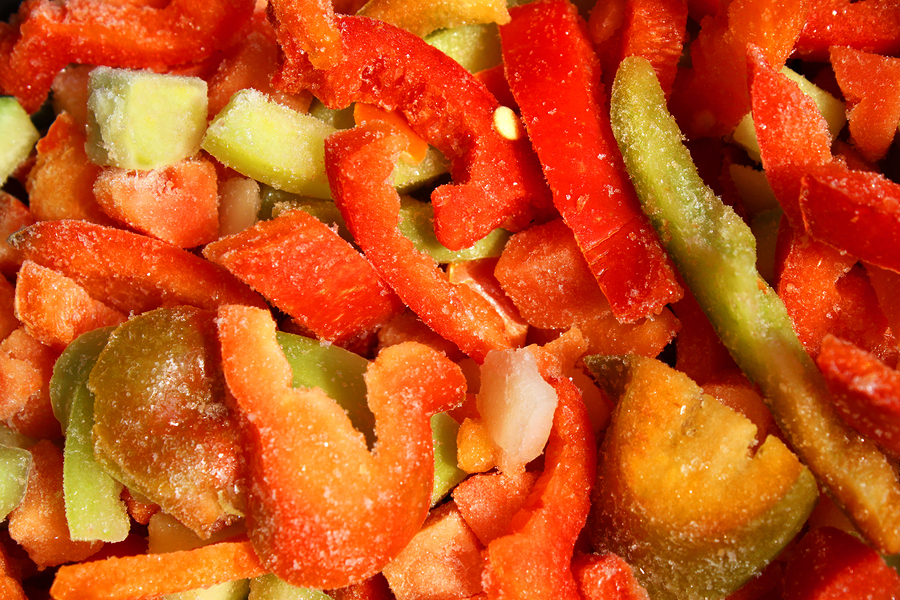
Happy Frozen Food Month! Here are three studies whose results show frozen produce doesn’t deserve its reputation for being less healthy than fresh.
1. Frozen vs fresh
In 2015, researchers at the University of California at Davis compared the nutrient content for fresh versus frozen corn, carrots, broccoli, spinach, peas, green beans, strawberries, and blueberries. They found no differences between fresh and frozen in fiber, phenolic compounds, or minerals. For vitamins, sometimes fresh was better, but sometimes frozen was better.
Lead author Ali Bouzari told the New York Times that even when there were differences in vitamin content, they were minor enough to not have a real impact on health.
2. Frozen vs refrigerated for 3 days
One problem with a straight-up frozen vs fresh comparison is that most produce isn’t eaten right away. It spends some time in the refrigerator first.
To test the effect of refrigeration, a group at the UK’s University of Chester compared the nutritional content of blueberries, raspberries, peas, green beans, cauliflower, and baby sweetcorn that had been frozen versus refrigerated for three days. Their results showed that the concentrations of vitamin C, polyphenols, anthocyanins, and carotenoids were similar for frozen produce and fresh produce prior to refrigeration. However, refrigerated produce frequently lost its nutritional content over time.
3. Frozen vs refrigerated for 5 days
Most recently, a group of researchers from the University of Georgia confirmed the above results. On measurements of vitamin C, provitamin A, and total folate, frozen produce more often than not outperformed produce that had been refrigerated for five days.
_________________________
On the whole, the data suggest that frozen produce is on par with fresh in terms of nutritional content. And both are better than leaving food in the refrigerator for too long.








